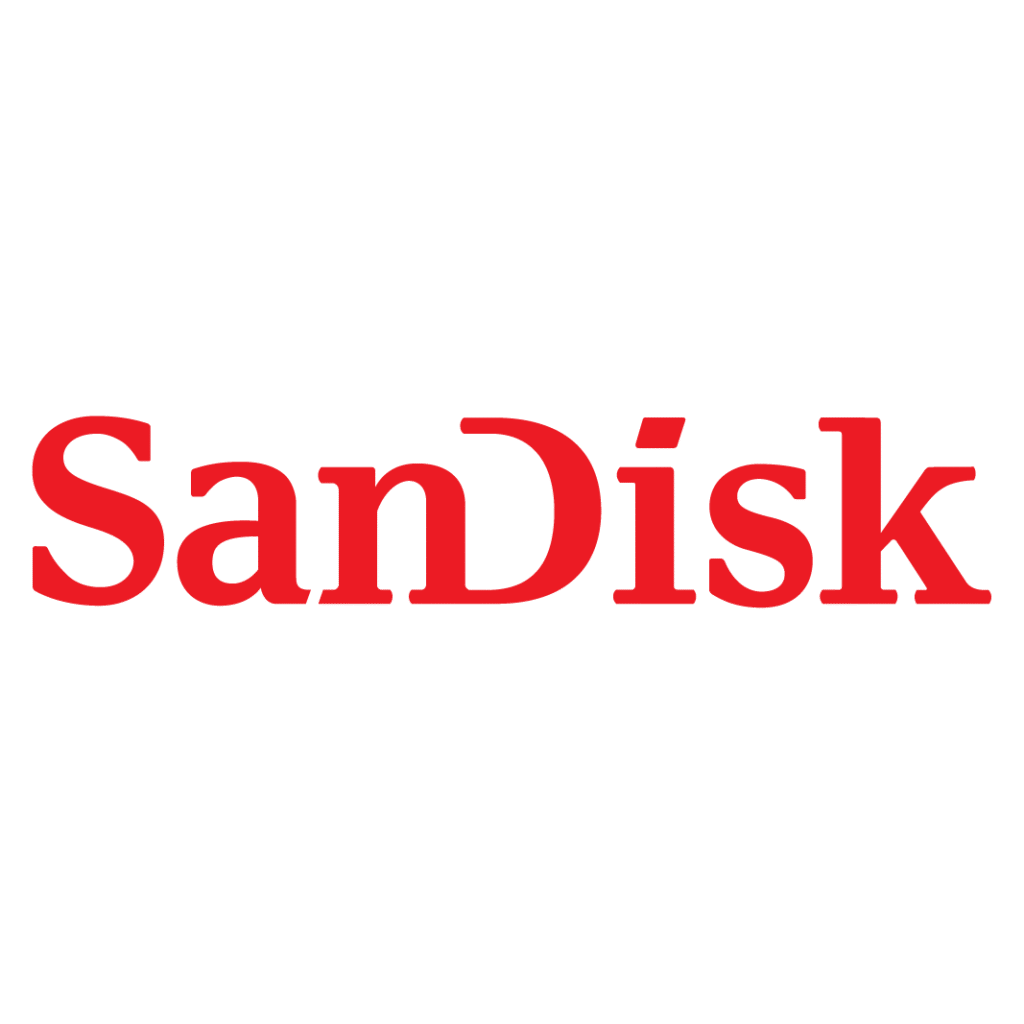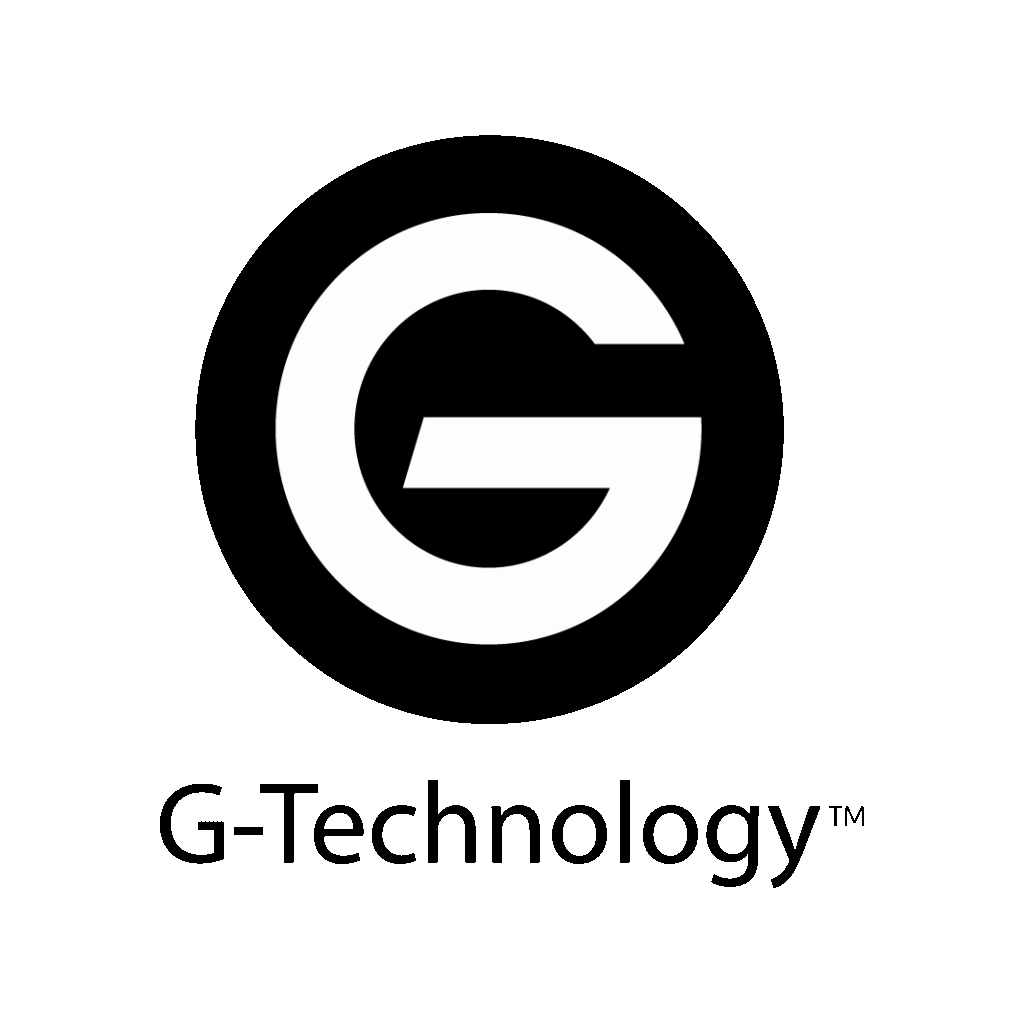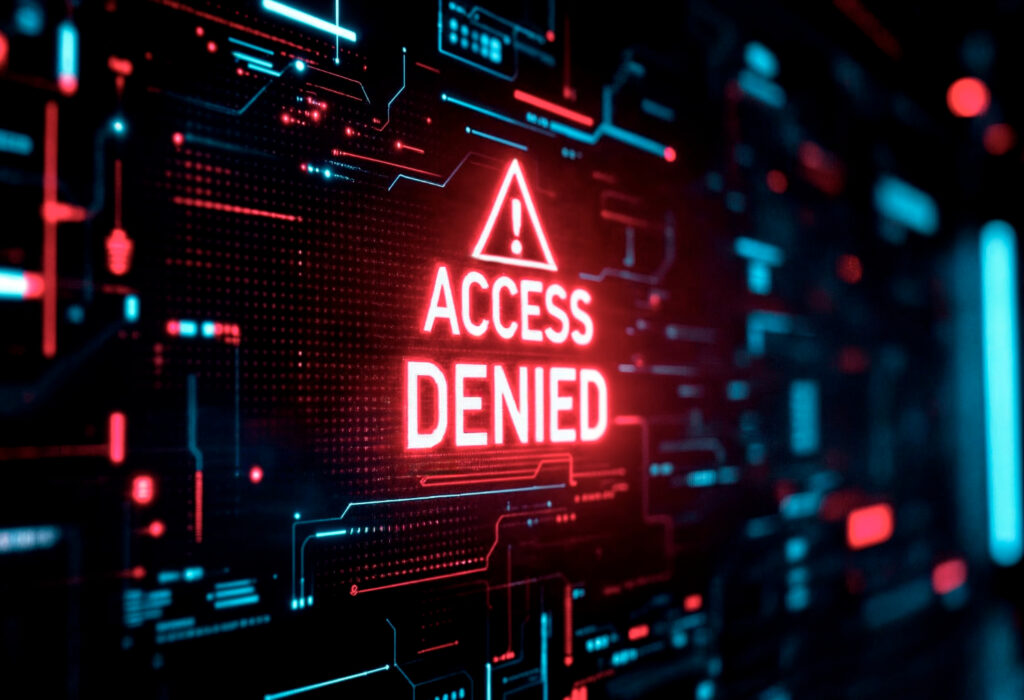At Five Star Data Recovery, we focus on safe and dependable RAID data recovery. We help businesses, IT teams, and individual users. If your array has failed because of controller problems, drive wear, or accidental changes, we can help recover your files. Our engineers handle all RAID levels—from simple RAID 1 mirroring to complex RAID 10 and RAID 5 arrays. We understand how critical RAID systems are to your operations. Data from RAID volumes often includes business databases, media libraries, customer records, and other irreplaceable data. Our goal is to help you recover data RAID systems store, with a focus on speed, precision, and safety.






Even when vendors use proprietary controllers or software-defined RAID, we can often reverse-engineer the structure. Our team has worked with thousands of variations, including legacy RAID setups on aging systems.
Here’s a deeper breakdown of the most commonly used RAID levels and why recovery may be
needed for each:
Understanding the strengths and weaknesses of each RAID type is critical to choosing the right recovery strategy. Our engineers assess not just the drives, but the full RAID architecture, to plan the safest and most effective path to your data.
RAID systems can fail for many reasons. Common causes of lost data include:
In non-redundant systems like RAID 0, even a single disk issue can result in total data loss. In parity-based arrays like RAID 5, failure during rebuild can be catastrophic
Trying to fix a broken RAID array without expert help is a common reason for losing data forever. If someone swaps the wrong disk or the rebuild miscalculates parity, the system can instantly overwrite data.
We’ve seen rebuilds destroy good data because of mismatched configurations or improper controller behavior. Even powerful software tools can’t undo a corrupted rebuild. That’s why we always image all disks before doing anything else—preserving every byte before rebuilding from clones.
We’ve performed RAID drive data recovery on thousands of systems across virtually every setup. Common recoveries include:
Our recovery process handles high-volume data structures, foreign file systems, and partially overwritten drives. This allows us to reconstruct folders, restore file names, and retrieve file trees whenever possible.
Our Data Recovery RAID solutions support a wide range of platforms, including Windows, Linux, macOS, and custom hybrid arrays.
If you are not sure about your RAID setup, our team can find and rebuild the RAID array. We use high-quality forensic tools for this.
Home RAID failures require urgent attention, especially in environments where downtime equals lost revenue.
We offer emergency RAID recovery services with prioritized diagnostics and 24/7 lab access for critical situations.
MSPs, IT departments, and disaster recovery firms trust us. They rely on us as the last option when in-house efforts do not work.
Our RAID 0 and RAID 10 recovery options include proactive cloning, rebuilding, and quick response times.

We understand that time is critical when your RAID system goes down. That’s why we offer two levels of expedited service to meet different levels of urgency:
Expedited Service – For a flat fee of $200 per drive, we will move your case to the top of our recovery list. We will prioritize your case during normal business hours. This helps ensure the fastest possible turnaround without disrupting ongoing recovery workflows. Ideal for urgent but not emergency-level cases.
Expedited Plus Service – For $500 per drive, this is our highest-priority service. Our engineers work on your case all the time. They are available 24 hours a day, 7 days a week, even on weekends and holidays. They will keep working until the recovery process is complete. This tier helps businesses and institutions facing mission-critical data outages. In both cases, these fees are in addition to our flat-rate data recovery fees, and you must pay the expedited fee in advance. This fee is non-refundable, no matter the recovery outcome. This guarantees that your case receives priority treatment as soon as you submit your drives.
At the heart of our RAID recovery success is our engineering team.
Each specialist at Five Star is trained in disk architecture, file system repair, and binary analysis. We don’t rely on automated tools alone—human experts carefully handle each case.
Many of our engineers have backgrounds in forensic computing and electronics.
This helps us solve complex problems, such as controller-level failures, encrypted file systems, and undocumented RAID formats.
A failed RAID rebuild doesn’t always mean you will lose your data forever, but it can make recovery much harder. If you try to rebuild the wrong RAID setup or drive, it can overwrite parity.
This may corrupt partitions or damage the file structure. We’ve recovered many arrays after failed rebuilds by using cloned drives to reverse-engineer damage. If your system got worse after a rebuild attempt, there’s still hope—call us before doing anything else.

RAID failures are stressful, especially when important data is on the line. At Five Star Data Recovery, we offer expert RAID recovery. We ensure safety and clarity at every step. If your system isn’t booting, drives aren’t appearing, or a rebuild failed, stop using the array immediately. Continuing to operate a degraded RAID can make data loss worse.
Don’t let downtime put your data at further risk. Whether your RAID system supports a creative agency, hospital, school, or business, we’re here to help.
Call us now, ship your drives, or visit our Glendale lab to start your process.
Data loss is stressful — but working with us doesn’t have to be. Watch how our team handles each recovery with care, professionalism, and precision. From diagnostics to delivery, we offer flat-rate pricing, honest communication, and proven results — all from our secure Glendale lab.
Yes — we offer a free diagnosis as long as the customer agrees to the initial minimum quoted price.
We always start with a free consultation, during which we ask for details about the issue. Based on the information provided, we give an initial price quote. If the customer is comfortable with that price, we proceed with a full diagnostic at no charge.
If the issue turns out to be different and the price changes, the customer will have the option to accept the updated quote or walk away without paying anything.
We’re 100% transparent — no surprises and no obligations.
All of our data recovery fees are flat-rate, based on the specific issue and type of device.
We’ve made pricing simple and transparent — you can view our current rates on our pricing page.
If you’re unsure what the issue is, just give us a call for a free phone consultation. Our team will guide you through the symptoms and help you understand what category your device might fall into.
No hidden fees. No gimmicks. Just honest, upfront pricing from start to finish.
We operate under a No Data — No Charge policy for most cases.
However, there are two exceptions where a non-refundable fee will apply, due to the higher complexity and labor involved:
📁 Deleted File Recoveries — These require advanced scanning and are not covered under the standard policy.
🔧 Drives with Opened Covers — If the top metal cover (where the platters are housed) has been removed before arrival, a cleanroom inspection fee will be charged regardless of outcome.
For all other cases, if we can’t recover your data, you don’t pay anything.
For most standard cases — such as drives up to 4TB with logical issues — the typical turnaround time is 3 to 5 business days.
More complex recoveries (e.g., drives with mechanical damage or larger than 4TB) may take longer depending on the severity of the issue and parts availability.
If you need your data back quickly, we offer two fast-track options:
Expedited Service: Priority recovery during business hours.
Expedited Plus Service: 24/7 emergency recovery, including weekends and holidays.
You choose the timeline — we make it happen.
Our main data recovery lab is located in Glendale, California, and we proudly serve the entire Los Angeles area.
Not located nearby? No problem — we offer free and fast nationwide shipping within the U.S.
Whether you’re in California or across the country, we make it easy to send in your device securely and get the recovery process started.

“My external hard drive suddenly started acting up and wouldn’t open any files. I found out it had bad sectors and thought everything was lost. Five Star Data Recovery recovered all of my documents, including years of business data. Their team was professional, honest, and incredibly skilled.”
Mark R.
West Covina, CA

“My old hard drive was full of irreplaceable family memories, but it stopped responding due to bad sectors. I brought it to Five Star Data Recovery, and within days they recovered every last photo. I can’t thank them enough for saving what I thought was gone forever.”
Samantha L.
Burbank, CA

“After being told by another company that my hard drive was unrecoverable due to bad sectors, I decided to get a second opinion. Five Star Data Recovery not only diagnosed the issue accurately but used advanced imaging tools to safely recover my data. Worth every penny.”
David N.
New York, NY

Lab Hours
Mon – Friday: 10am to 6pm
Saturday: 10am to 2pm

Lab Hours
Mon – Friday: 10am to 6pm
Saturday: 10am to 2pm
© 2025 Five Star Data Recovery Services. All rights reserved.